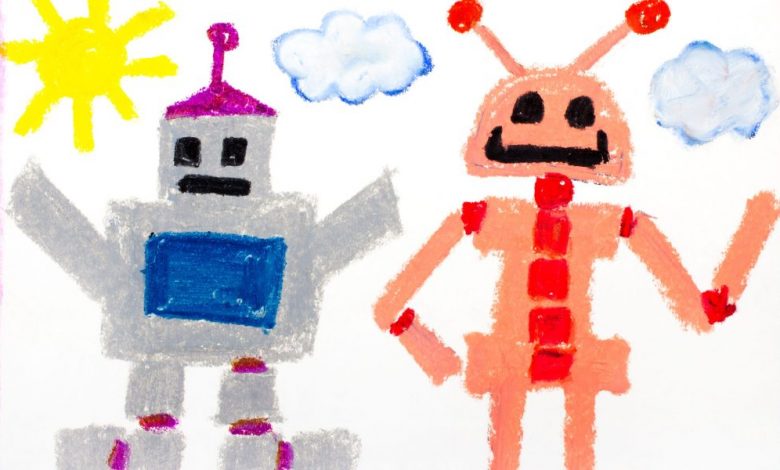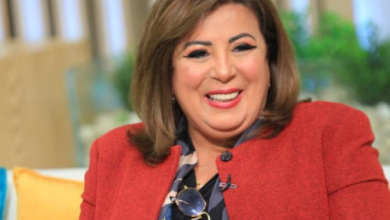Images created by AI cannot be copyrighted

Users are flocking to new generative artificial intelligence to enhance their creative work, and artists are turning to programs like Midjourney and Dall-E to express an idea from just a text prompt. It even leads to talk of a new skill: “prompt engineering,” or finding the right collection of words and phrases to get what you want from an AI program.
But a new ruling from the US Copyright Office suggests finding the right prompt isn’t enough to qualify as creative work. On Tuesday, the office ruled for the first time against granting protection to artworks created with an AI tool, Reuters reports.
The copyright office reviewed a graphic novel called Zarya of the Dawn, written by Kris Kashtanova and featuring images created with Midjourney. The bureau wrote in a Tuesday letter that Kashtanova would receive copyright protection for the parts they wrote, selected and arranged, but not for the AI-generated imagery in the novel, as it was “not the product of human authorship.” Kashtanova was not considered the “inventor or mastermind” of graphics.
In the case of nonhuman authorship, “copyright does not protect the alleged creation,” the Copyright Office said in the letter. The bureau will now issue a new registration for Kashtanova’s graphic novel, omitting the images as the original copyright filing did not disclose the use of AI
Kashtanova claimed that copyright should also apply to her artworks, as each artist would issue a different text prompt that would result in different images. However, the office believed that prompts are more like suggestions than instructions, and that spending “time and effort” with an AI art generator does not confer authorship or ownership.
“The fact that Midjourney’s specific output cannot be predicted by users differentiates Midjourney from other tools used by artists for copyright reasons,” the letter reads, referring to other programs such as Adobe’s Photoshop.
The Copyright Office and Midjourney did not return immediately wealth‘s request for comment outside of regular operating hours.
AI tools like ChatGPT and Dall-E are making waves with their potential to serve a variety of applications, from running tests to visual design with simple text prompts. Big tech companies like Google and Microsoft are vying to get a piece of the generative AI pie by developing new products or adding AI capabilities to existing ones.
Generative AI is already the subject of a copyright debate, as human artists accuse the programs – and the companies that develop them – of facilitating the copying of their works. Typically trained on a database of images and artwork, AI-powered image generation tools are becoming a hotspot for legal action. Getty Images filed a lawsuit against Stability AI, which also converts text input to images like Midjourney and Dall-E, for unlawful duplication and processing of copyrighted material.
A group of artists also filed a class action lawsuit against platforms like Stability AI after it was discovered that their artworks were being used to train the AI models.
Despite the Copyright Office’s denial of protection for her midjourney-generated artworks, Kashtanova said that even as she counts the images herself, the decision still protects many aspects of the output for those in the AI art community.
And the verdict could give creators more clarity about how much of their own work they have to do when using these programs. Midjourney’s general counsel, Max Sills, told Reuters that the office’s decision was “a great victory” as it proves that “when an artist exercises creative control over an image-generating tool like Midjourney… the result is patentable”.
Learn how to navigate and build trust in your organization with The Trust Factor, a weekly newsletter exploring what leaders need to succeed. Login here.



